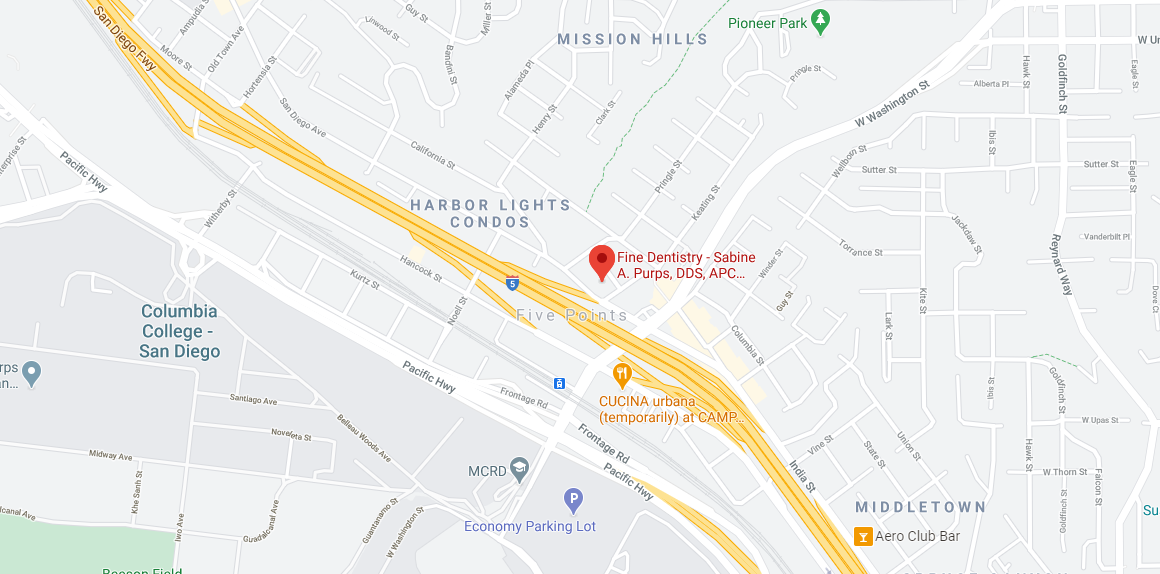If you have a literal pain in your teeth, it is easier to assume that you may have some dental issue. However, some people do not experience outright pain but just teeth tingling. They may often explain it as ‘tooth feels weird’. Tingling gums and teeth could also be a sign of an underlying dental problem. If you experience this feeling persistently and it is becoming more severe, then it is highly recommended to visit your dentist.
Here are a few common reasons for teeth tingling:
Teeth Sensitivity
The dentin, the inner section of the tooth made up of microscopic tubules, or channels, that lead to the tooth’s pulp, is shielded by a protective covering of hard enamel. Enamel deteriorates over time, either as a result of aggressive brushing or the overconsumption of acidic foods and beverages.
When you eat hot or cold food, or if you bite down too hard, enamel erosion causes tingling and pain. Sensitive teeth can be resolved by using toothpaste that is designed specifically for sensitive teeth and contains fluoride. Brush your teeth gently with a soft-bristled toothbrush. Finally, avoid too many acidic foods that can harm your enamel.
Dental Decay & Cavities
Brown or white patches on the tooth are the first sign of dental decay caused by bacteria. The spots eventually burrow down into the tooth’s surface and reach the nerves, causing pain and tingling. Your dentist will clear out the cavity and place a filling to prevent additional decay.
Bruxism
Excessive teeth grinding, also known as bruxism, usually occurs when you are asleep. It is possible that you are not even aware of your situation. Bruxism, on the other hand, can cause pain, tingling gums and teeth, and sensitivity during the day.
Stress, sleep apnea, increased caffeine or alcohol usage, and smoking can all make it worse. To protect your teeth, your dentist may prescribe that you wear a mouthguard during sleep or practice relaxing techniques.
Broken Tooth
The nerves within a tooth are revealed when it cracks open. When nerves are inflamed, you will feel teeth tingling and pain, even though the crack may be small enough to be invisible to the naked eye. A fractured tooth can be repaired with a crown or a dental implant.
Pulpitis
The pulp is a soft, fleshy part inside your tooth. Blood vessels and nerve endings crisscross it. Pulpitis is a bacterial infection that causes pain, swelling, teeth tingling, and red gums by inflaming the pulp. Filling the cavity to protect the pulp and removing the infected pulp entirely with a root canal procedure are two treatment options.
How Do I Stop My Teeth from Tingling?
The most basic way of preventing tingling is to keep good oral hygiene. If it is a temporary issue, the tingling may resolve on its own. If it is persistent, then visit your dentist so the real issue could be diagnosed.
Fine Dentistry offers dental treatment in San Diego, CA for teeth tingling and a wide range of other dental health problems. Call or visit to book your appointment.

